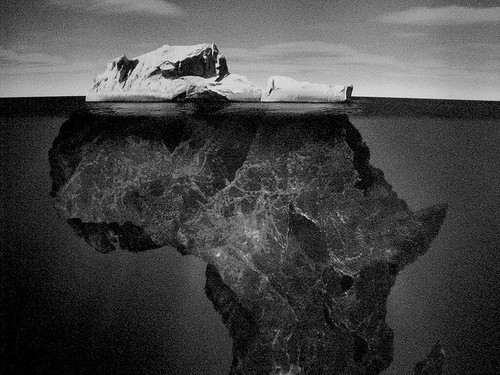Tweet
Dear readers,
My girlfriend had a funny remark this morning about the Dutch armed forces. Apparently, the new defence budget of the Netherlands includes no replacement for its tanks or transport helicopters. She said: "what is the point of a modern army without tanks? They really should get rid of it completely if they can't do it seriously". I had to laugh but to give her the point.
I had read yesterday that its submarine forces (already reduced to three after the damages sustained by the 4th) would be scrapped too. At the same time, the Dutch Defence Ministry is reserving billions of dollar for the basic (non VTOL version) of the US made JSF. And anyone with a ounce of reason will think: WTF? Why buy an extremely expensive plane (the most expensive there is, in fact) to a non-European entity, undermining European defence? Why the version least useful for external intervention and force projection? Why on the other hand refuse to replace the materials actually useful in today's world affairs: submarines, helicopters and armour? I thought about it a little bit and no rationale reasoning came to me.
But then I realized there is a simple explanation: follow the money. The Dutch coalition is made of VVD and CDA (right wing, near to Dutch big money and business interests). Their own interest is not to improve the Dutch defence capabilities or the European coordination. Their interest is to fill in their pockets and the ones of their business friends. Search no further... I suspect that the US industrials (and particularly the ones making the JSF) are ranking highly amongst these friends.
All kinds of ideas, comments, political ranting, works, photos and reviews, purely subjective of course, and now from a Franco-Greek perspective but mainly written in English. Your comments are always welcome.
17 March 2011
01 March 2011
Revolution extended
Tweet
Dear readers,
It is a weakness of traditional media and particularly TV stations to select and filter information in a way which will hold in a traditional 25 minutes news bulletin. Unfortunately, this means that most channels and even newspapers will simply let some important pieces fall from the prime time news. This get even worse when there is abundance of events. No time was a better example of this than the last few weeks.
All over the media, we heard about Tunisia first, then the Egyptian Revolution, then the Libyan one, and so on. But this gave us, viewers, an illusion of succession of one crisis following the other. Expressions such as "domino effect" (an old Cold War word) only served to reinforce this feeling. Worse, it created an effect of the type "tree hiding the forest". Indeed, while these countries were making the front pages and prime-time news, several other were doing just the same in complete indifference.
Some Africans in Ivory Coast rightfully took umbrage, and tweeted a CNN journalist until he relented. But beyond the odd and fun news like this (although how fun is it when dozens of people are slaughtered in the mean time?), the fact is that we keep ignoring the forest of unrest on several continents. To avoid this, I have tried to gather a simple list of them. I'll try to update it as it goes. Let's call this the "Extended Revolutions", in no particular order.
Dear readers,
It is a weakness of traditional media and particularly TV stations to select and filter information in a way which will hold in a traditional 25 minutes news bulletin. Unfortunately, this means that most channels and even newspapers will simply let some important pieces fall from the prime time news. This get even worse when there is abundance of events. No time was a better example of this than the last few weeks.
All over the media, we heard about Tunisia first, then the Egyptian Revolution, then the Libyan one, and so on. But this gave us, viewers, an illusion of succession of one crisis following the other. Expressions such as "domino effect" (an old Cold War word) only served to reinforce this feeling. Worse, it created an effect of the type "tree hiding the forest". Indeed, while these countries were making the front pages and prime-time news, several other were doing just the same in complete indifference.
Some Africans in Ivory Coast rightfully took umbrage, and tweeted a CNN journalist until he relented. But beyond the odd and fun news like this (although how fun is it when dozens of people are slaughtered in the mean time?), the fact is that we keep ignoring the forest of unrest on several continents. To avoid this, I have tried to gather a simple list of them. I'll try to update it as it goes. Let's call this the "Extended Revolutions", in no particular order.
- Tunisia (after all, they were the spark in the powder keg).
- Ivory Coast (although chronologically before Tunisia, it did not have the same international effect)
- Egypt
- Gabon
- Cameroon
- Iran
- Lebanon
- Armenia
- China (although it took the form of a weird joke)
- Azerbaijan
- Libya
- Algeria
- Morocco
- Jordan
- Yemen
- Bahrain
- Oman
- Mauritania
- Djibouti
- Saudi Arabia
- Iraq
- Angola (unsure of this one)
Libellés :
africa,
china,
media,
middle east,
revolution
Subscribe to:
Posts (Atom)

